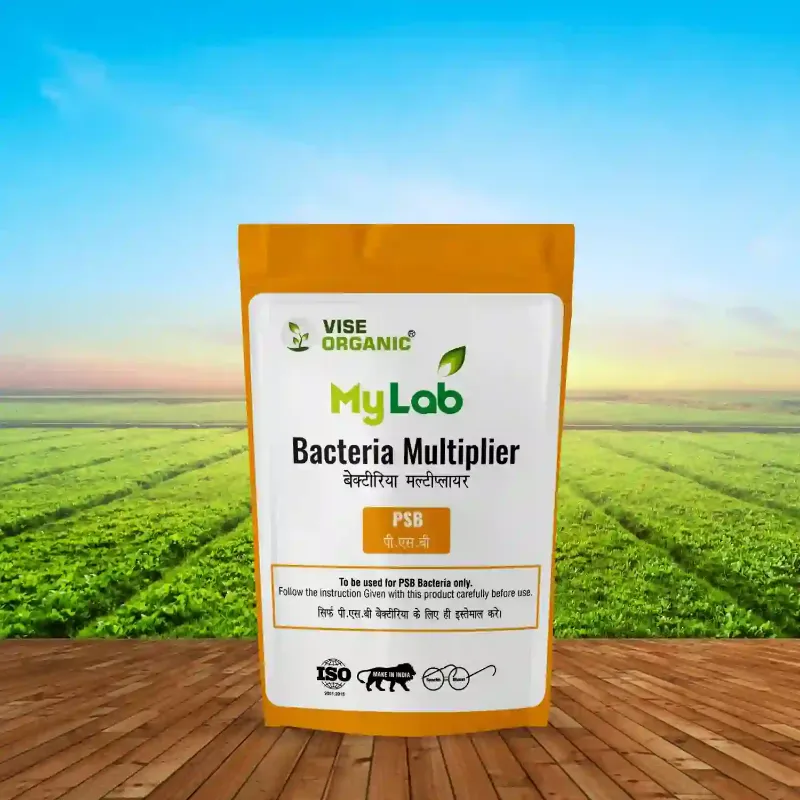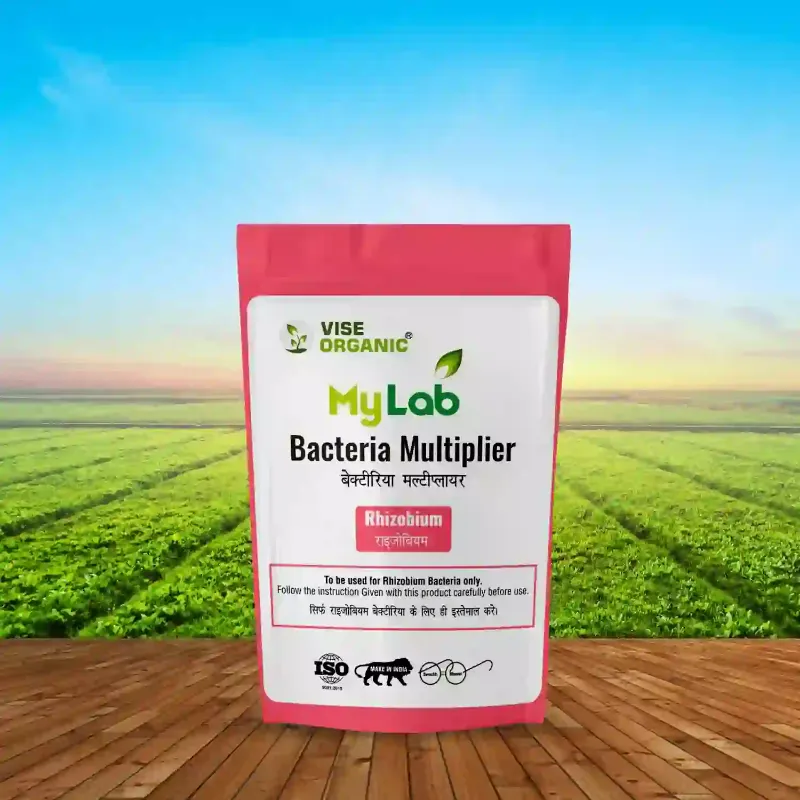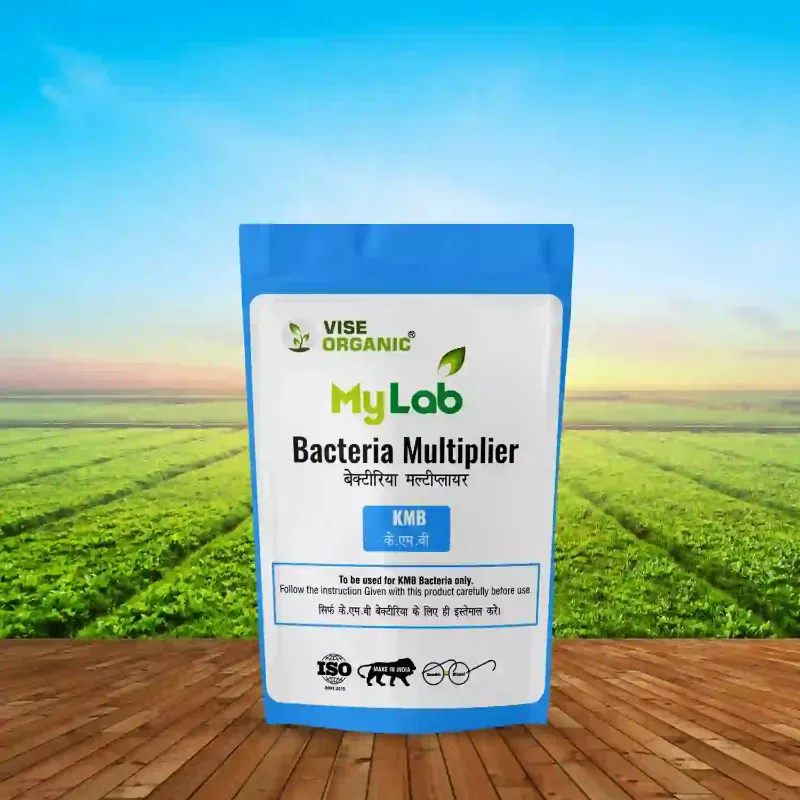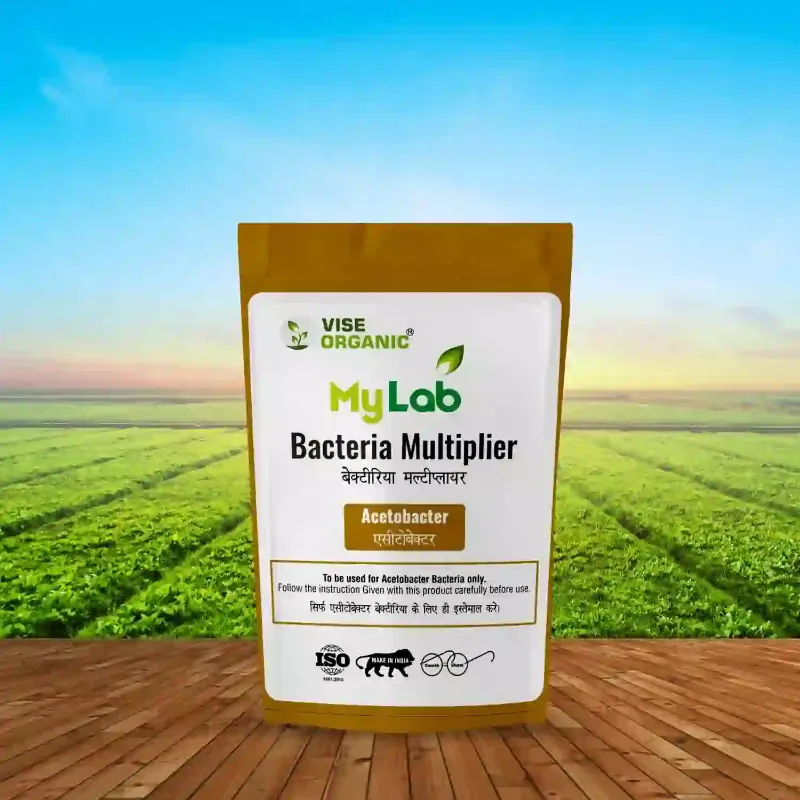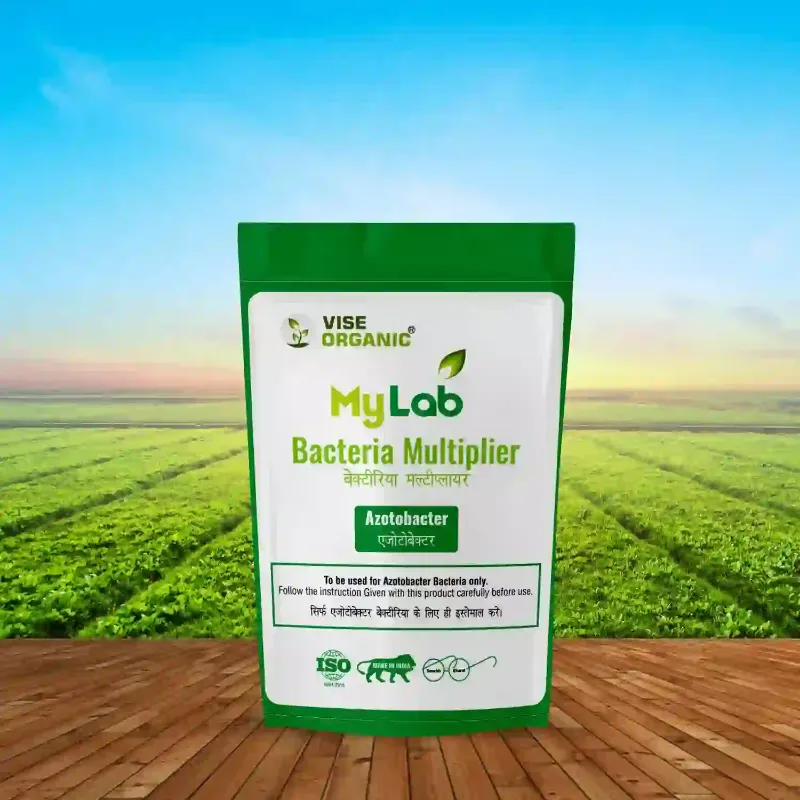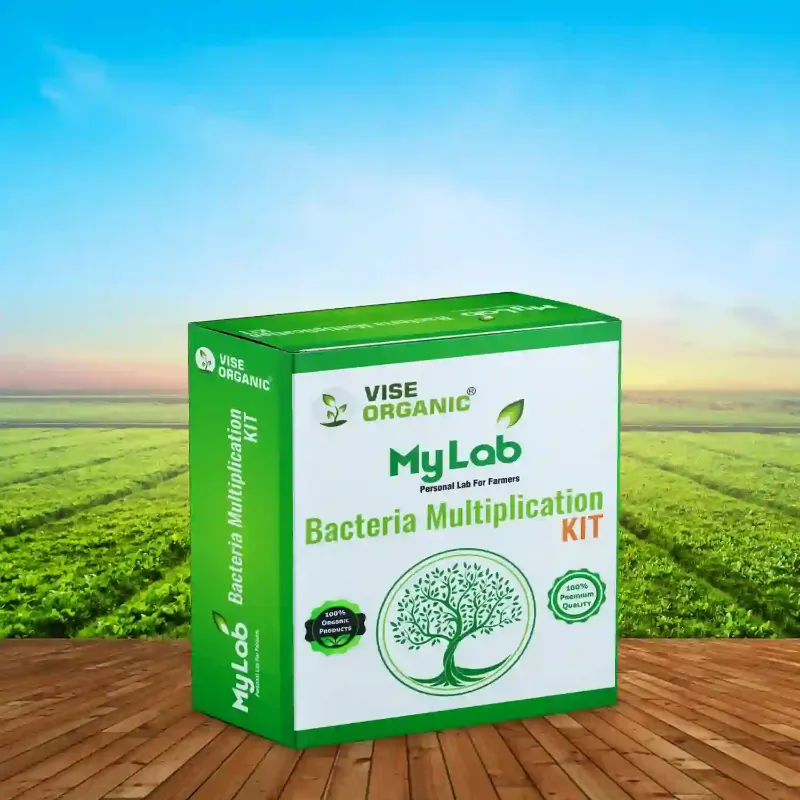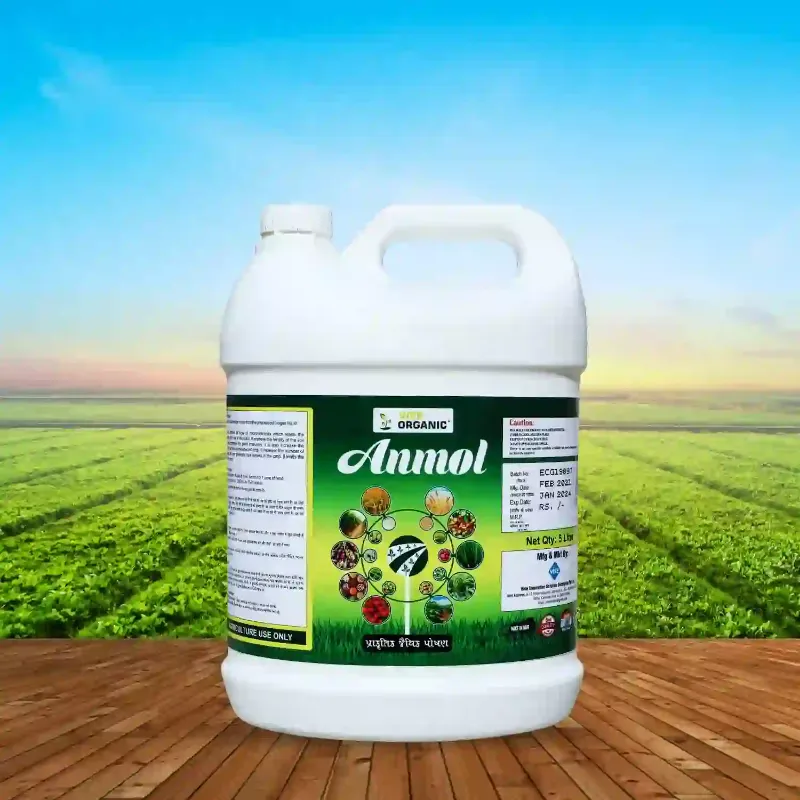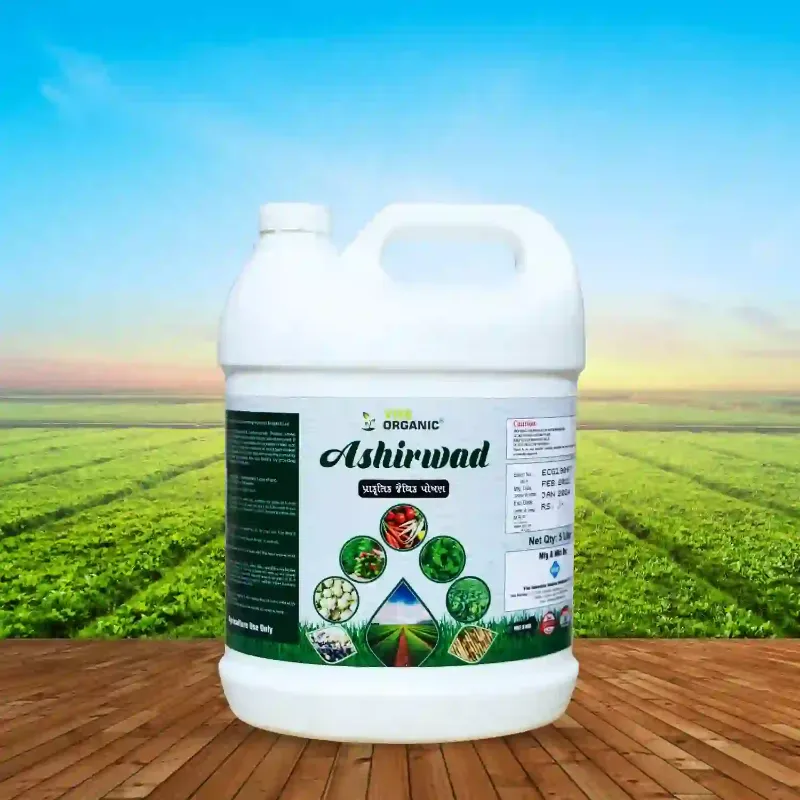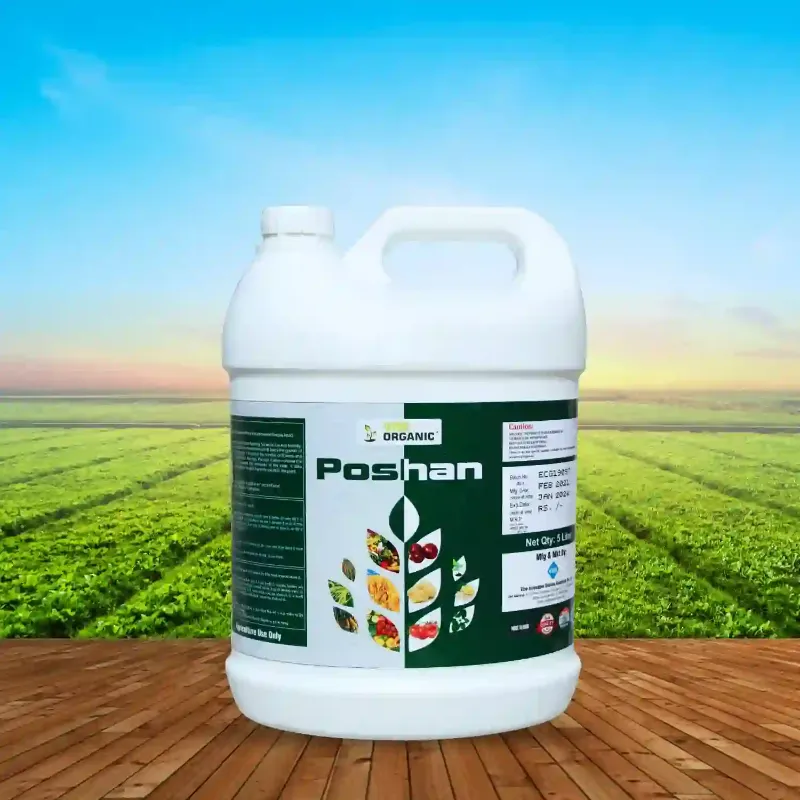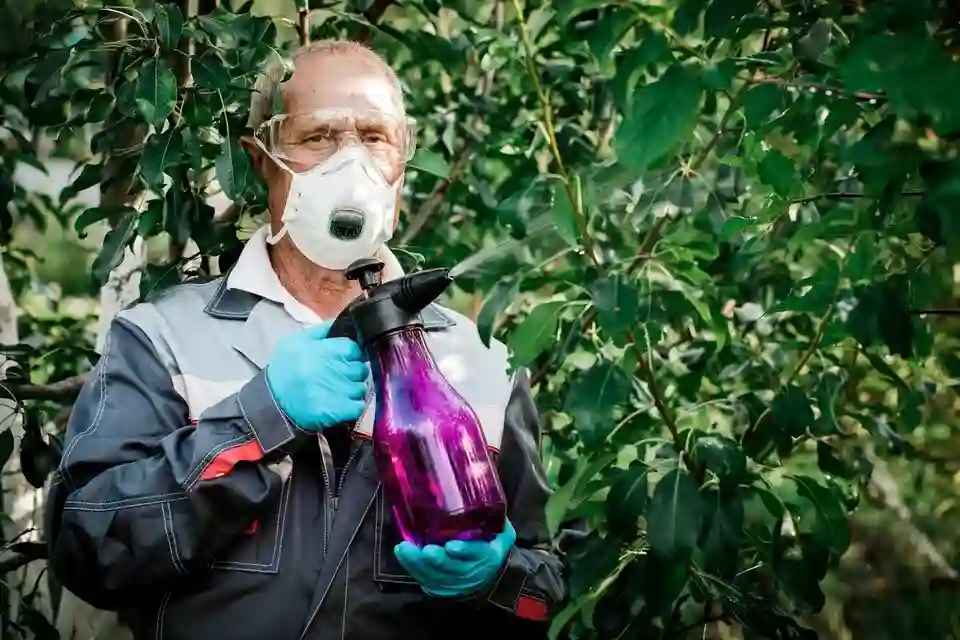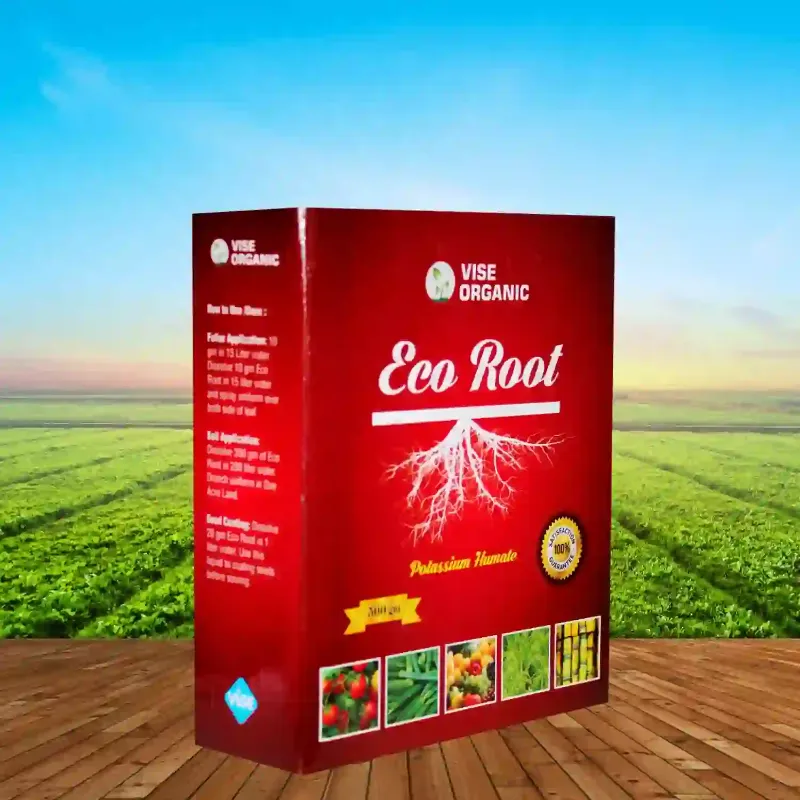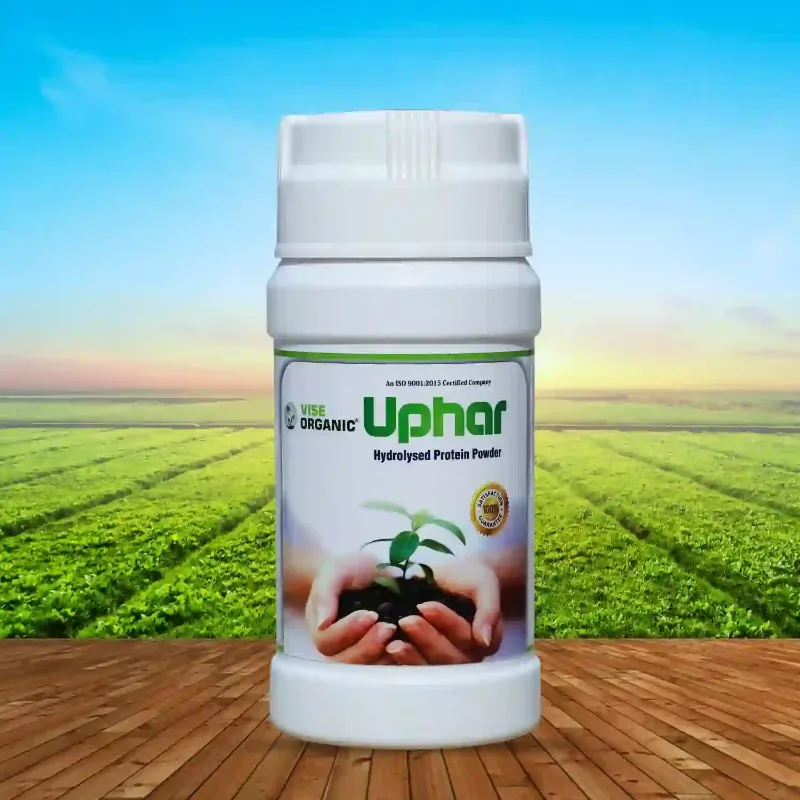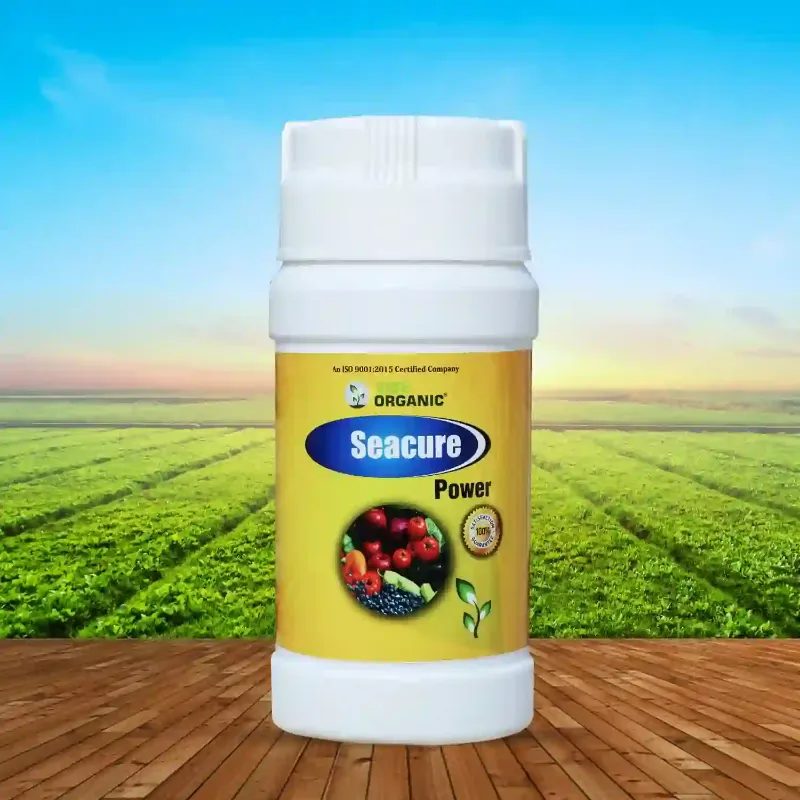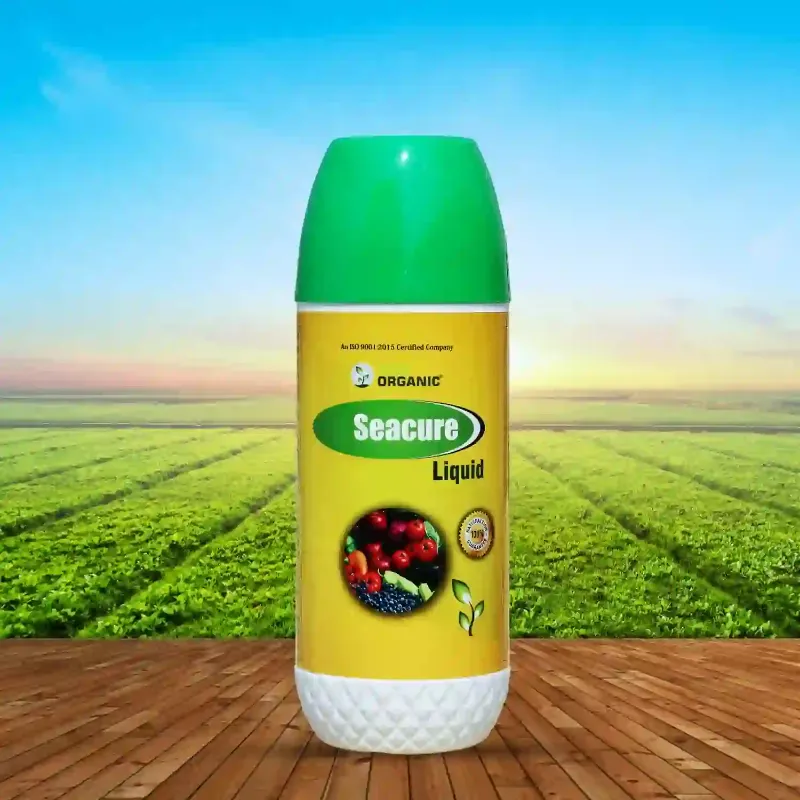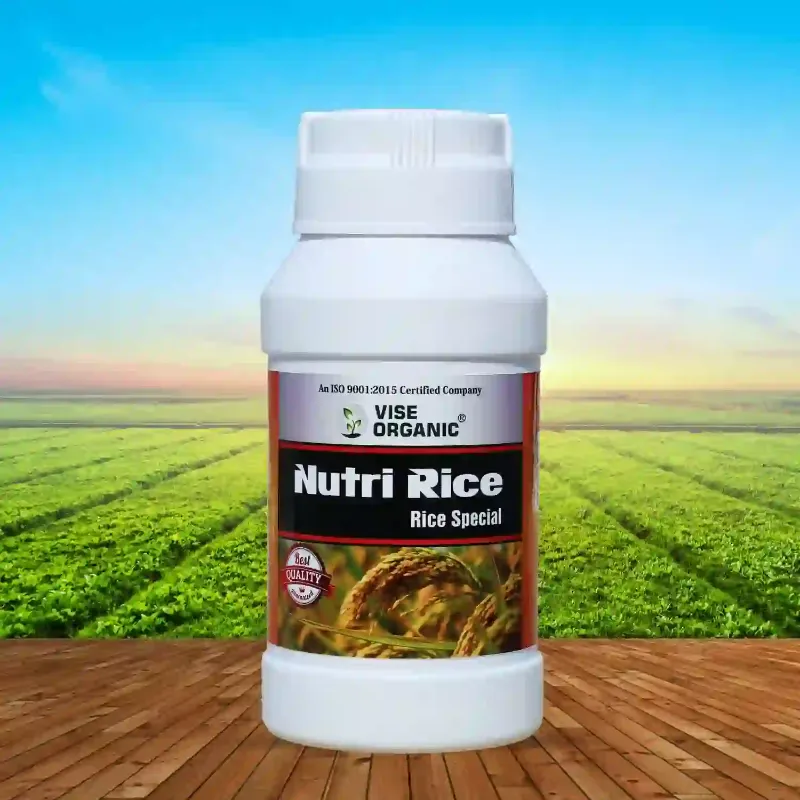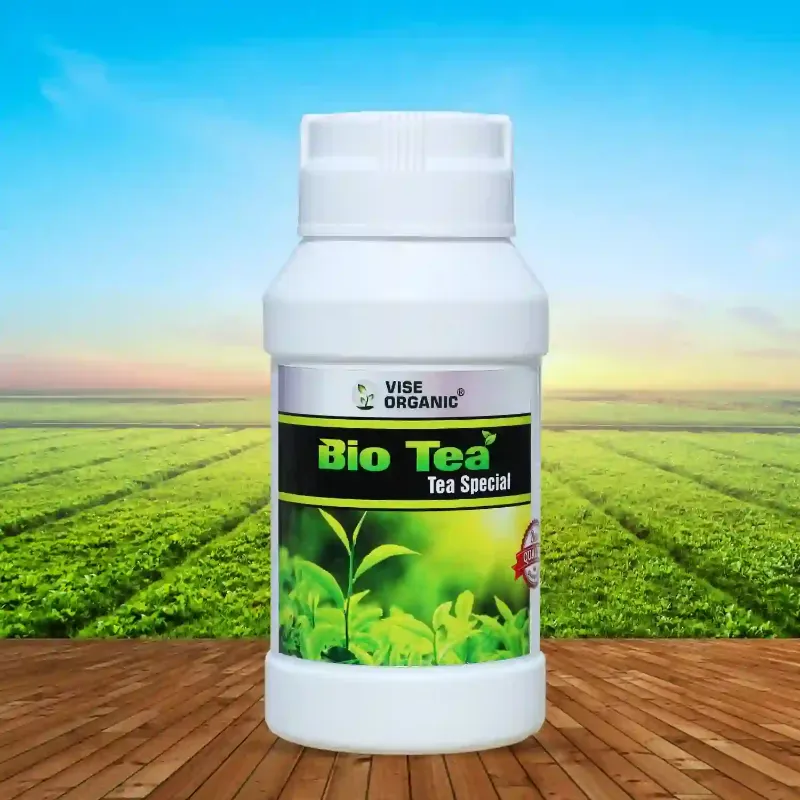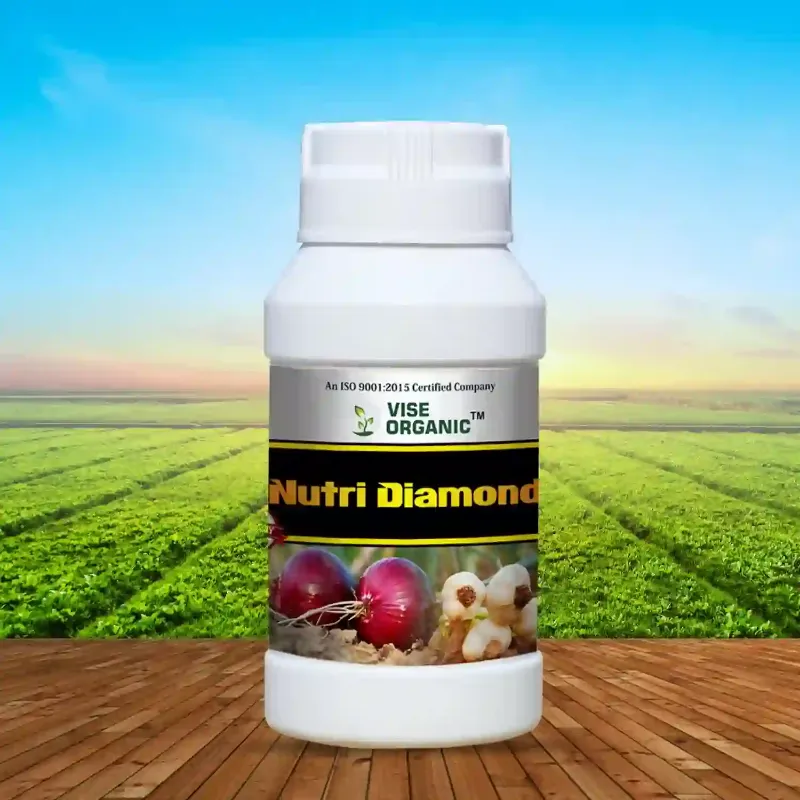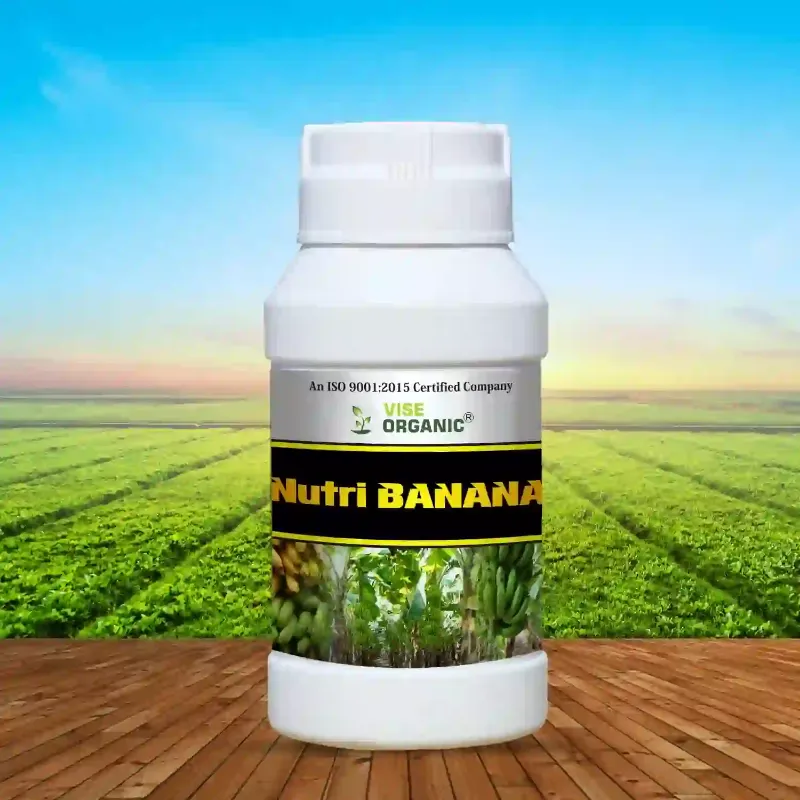As stewards of the earth, it’s imperative that we adopt practices that prioritize the health of our environment and the well-being of all living organisms. In the realm of gardening and agriculture, people often approach pest control with chemical pesticides. However, these pesticides can have detrimental effects on beneficial insects, soil health, and human health. Fortunately, a plethora of eco-friendly alternatives exists that effectively manage pests while preserving the delicate balance of nature. In this comprehensive guide, we’ll explore a variety of natural methods and products for sustainable pest control in your garden or farm.
Neem Oil
– Derived from the neem tree, neem oil is a potent natural pesticide with insecticidal and repellent properties.
– It disrupts the feeding and reproductive cycles of pests like aphids, mites, and caterpillars; meanwhile, it remains safe for beneficial insects like bees and ladybugs.
Diatomaceous Earth
– Diatomaceous earth is a fine powder made from fossilized diatoms and works by dehydrating and disrupting the exoskeletons of insects.
– It’s effective against crawling pests such as ants, cockroaches and beetles and can be applied directly to affected areas.
Essential Oils
– Certain essential oils, such as peppermint, eucalyptus, and lavender, have insect-repelling properties that deter pests from infesting plants.
– Diluted oils can be sprayed onto plants or used in traps to repel pests like aphids, mosquitoes, and ants.
Beneficial Insects
– Introducing predatory insects like ladybugs, lacewings, and predatory mites can help control pest populations naturally.
– These beneficial insects prey on common garden pests like aphids, thrips, and spider mites, reducing the need for chemical interventions such as chemical pesticides.
Soap Sprays
– Soap sprays made from mild soaps or castile soap disrupt the cell membranes of soft-bodied insects like aphids, whiteflies, and mealybugs.
– A solution of soap and water can be sprayed directly onto affected plants, suffocating and killing the pests on contact.
Biological Insecticides
– Biological insecticides like Bacillus thuringiensis (Bt) and spinosad, both derived from naturally occurring bacteria and fungi, are effective alternatives.
– They target specific pests like caterpillars, beetles, and thrips, while being safe for beneficial insects, humans, and pets.
Botanical Extracts
– Botanical extracts derived from plants like pyrethrum, garlic, and chili peppers contain compounds that repel or kill pests upon contact.
– These natural extracts can be used to create homemade insecticidal sprays or incorporated into traps to control pests.
Nematodes
– Beneficial nematodes are microscopic roundworms that parasitize and kill soil-dwelling pests like grubs, caterpillars, and root maggots.
– They can be applied to the soil as a liquid solution and provide long-lasting control of pest populations without harming beneficial organisms.
Physical Barriers
– Physical barriers such as row covers, netting, and mesh can protect plants from pests like birds, rabbits and deer.
– These barriers, however, create a barrier that prevents pests from accessing plants while allowing sunlight, air, and water to penetrate.
Crop Rotation and Polyculture
– Implementing crop rotation and polyculture practices disrupts the life cycles of pests and reduces the buildup of pest populations.
– By rotating crops and planting diverse species together, gardeners can create a more resilient ecosystem that naturally controls pest outbreaks.
Conclusion
By embracing eco-friendly alternatives to chemical pesticides, gardeners and farmers can effectively manage pests while safeguarding the health of the environment and promoting biodiversity. Additionally, whether it’s utilizing natural oils, introducing beneficial insects, employing biological insecticides, or implementing physical barriers, there are numerous sustainable methods for pest control that minimize harm to beneficial organisms and the ecosystem as a whole. By harnessing the power of nature’s arsenal, we can cultivate thriving gardens and farms that coexist harmoniously with the natural world.

